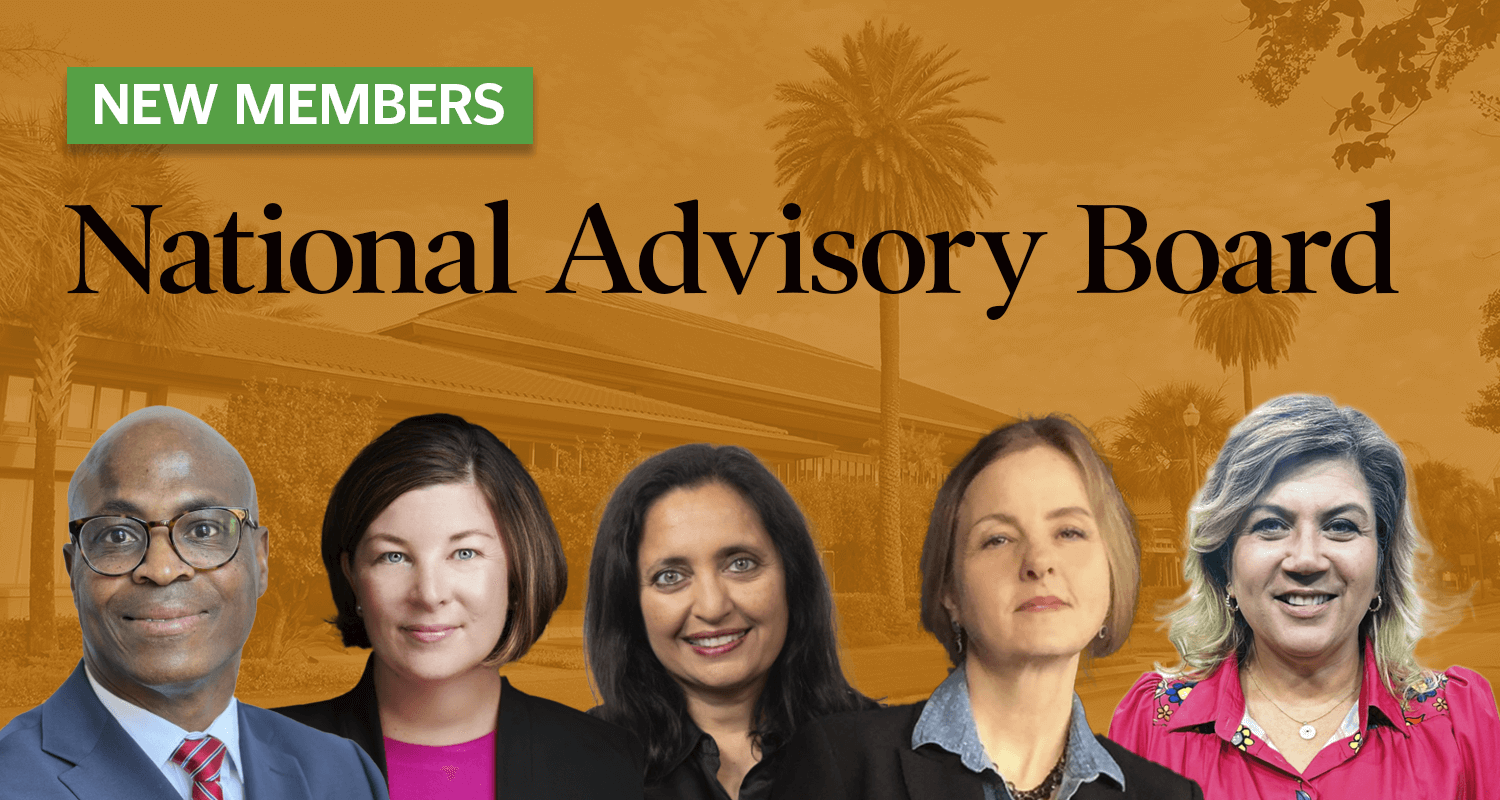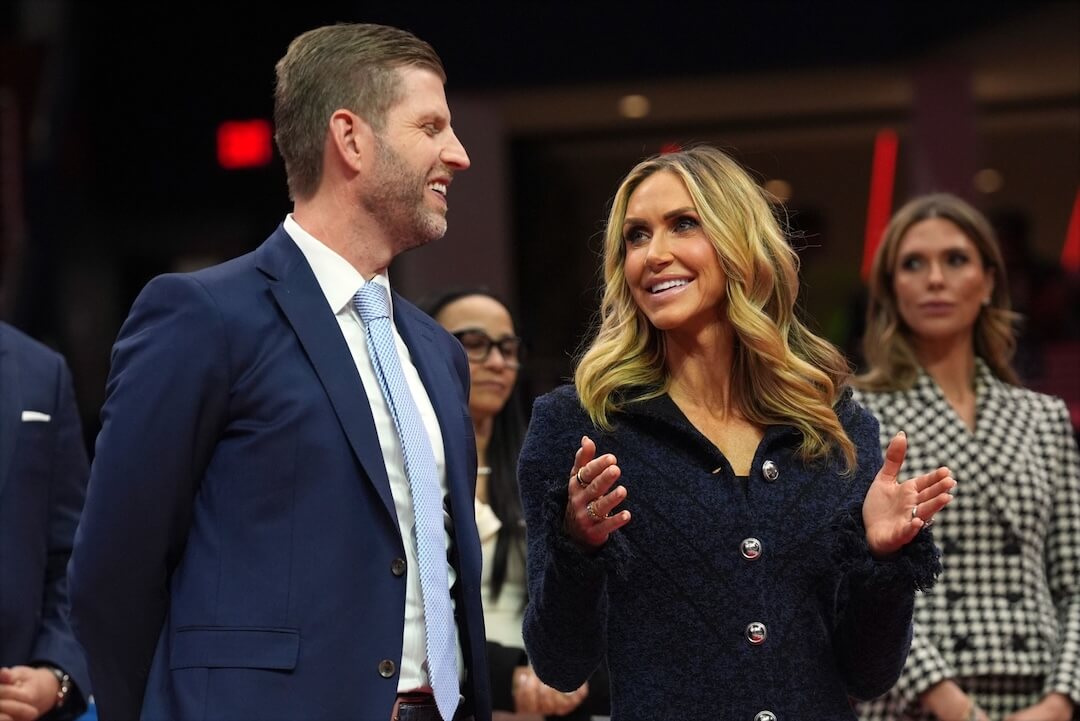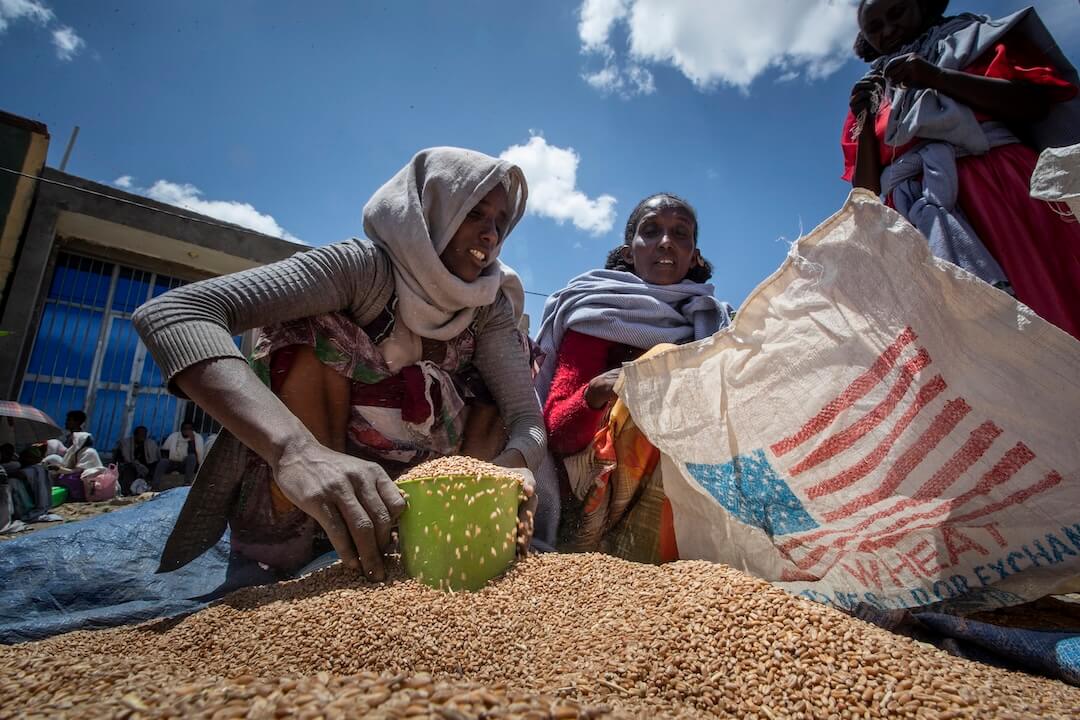Welcome to Local Edition! I’m Kristen Hare, I’m a reporter at Poynter, and I’m so glad you’re here.
This is the first edition of this newsletter (you can subscribe here), and here’s how it will work: Each month, we’ll feature a different theme related to the future of local news. My goal is to build a conversation week to week and month to month. I hope that together we’ll be able to identify what’s working, what’s not and what has to happen from the bottom up and the top down so that local news can remain both viable and valuable. Here’s the basic schedule:
Week 1: We’ll start exploring the theme of the month through a conversation between two journalists in different newsrooms.
Week 2: I’ll share your thoughts (so send me your thoughts).
Week 3: I’ll talk to a newsroom boss about what you and our featured journalists think.
Week 4: We’ll pull it all together with some resources and solutions.
Now that we’re all on the same page, let’s dive in.
Meet Kavita and Jason:
Kavita Kumar covers retail for the Minneapolis Star Tribune, and Jason Rosenbaum is a political reporter for St. Louis Public Radio. I used to work with Jason at the St. Louis Beacon, and Kavita worked for the St. Louis Post-Dispatch for 10 years. We spoke last week via Skype. I may or may not have worn my Cardinals hat for part of it. Our conversation has been edited for length.
What made you both want to become journalists?
Kavita: Initially, it was because I loved to write. I remember my first real experience in journalism was at my hometown newspaper, the Dayton Daily News. It was an eye-opening experience for me, seeing parts of the community that I’d never gotten to see before and getting out and talking to people from all different walks of life and then having people read my stories in the paper. It was really awesome. It was about that idea of defining what a community really is. It was about writing. And it was about relaying to others important things that were happening in the community. Those are still some of the big reasons why I’m in it today.
Jason, what was the start of it for you?
Jason: I have always enjoyed writing. But I had the realism to know that becoming a fiction writer was probably not a career path for me.
While I was interested in creative writing, I was also on a lot of school newspapers. I read the newspaper every day. I kind of went through life thinking if I could work for the Chicago Tribune, (I’m from suburban Chicago,) that would be just an amazing career accomplishment.
I think that my dream of becoming a newspaper reporter kind of evolved. Somehow our online publication that we both eventually worked for merged with public radio, and now I’m a broadcast journalist. It all goes back to the love of writing and it just kind of shows that you don’t always do exactly what you set out to do.
It’s interesting that you say that, because one of the reasons I thought of both of you for this is the way you’ve evolved with your careers. Jason, were those transitions hard for you or were they natural?
Jason: I actually think it was somewhat natural. I’ve always been very into computers and technology. Even at the Columbia Tribune, I was very eager to adapt some of the early technologies into my reporting. Back in 2006, 2007, 2008, blogging was really big. Twitter and Facebook really weren’t used in journalism to a really aggressive degree until 2008, 2009. But it wasn’t as hard for me because I was always kind of looking to see what the technological trends were in journalism.
Kavita, you’re someone who’s reporting things as they happen. You’re very active on social media. Was it always like that for you or have things changed?
Kavita: I feel like that transition happened somewhere in the late 2000s when online journalism really started to soar and there was this immediacy about getting things online right away. Same with social media.
I think I made my Twitter profile to cover the Wash U debate for the 2008 election. I’ve had a little bit more of a seamless transition because I haven’t switched mediums and technology hasn’t been that difficult to figure out.
How old are you both?
Kavita: I’m 39.
Jason: I’m 32.
I’m 38. There are so many young journalists now in newsrooms. But I don’t often feel like there are that many people in my age range. Do you have peers in your newsrooms?
Kavita: That is kind of true. I feel like there are a lot of 20-somethings, even early 30-somethings. But people between the age of 35 and 45, I feel like we’re a little bit few and far between. Some people left the industry. Some people left to have families.
Jason: In our newsroom, I’d say the range is anywhere from mid-20s to 50s and 60s, so it’s a pretty broad range. I’m only 32, but I’m in year 11 of my professional career and a lot of people from my generation of J-school quit at some point. They got bought out or they got laid off and they just gave up. It was a really bad time to be a young journalist and I think the impulse to give up was always pretty high for people.
Have you ever thought about doing something else?
Kavita: I always used to joke, in the late 2000s when lots of layoffs were happening, that my plan B was to work at Trader Joe’s. That was the only other place that brought me that much joy. I haven’t realistically thought about doing anything else just because I love it. As long as journalism will have me, I’m committed to it.
I think about that, too, sometimes. Would people pay me to decorate their houses via Skype? I don’t know what I would do. Another reason I thought of you both is there’s this on-to-the-next mentality for a lot of journalists. Many are trying to go national, and you’ve both stayed at local outlets. Why?
Jason: I’ve thought about this a lot. First of all, I have a family situation. My wife has a job at Washington University (in St. Louis). We have a house. We have a child. So we can’t move as easily as other journalists.
I don’t know the family situations of all the people I’m about to allude to, but one of the things I noticed when I covered Ferguson is a lot of the national reporters were younger, a lot of them didn’t seem to have kids, a lot of them had the ability to travel to different parts of the country, and I don’t really have that flexibility, nor do I really want to do that.
My dad traveled a lot, and I didn’t see him as much as I wanted to. I really want to make sure that I’m around to take care of my son and to have parenting responsibility.
Also, a lot of it is driven by Ferguson and the ability to be here and follow the years of aftermath both as a journalist and as a resident of the St. Louis area.
Kavita: Yeah, I think there is something special about being connected to a news organization that is embedded in a community. I’ve always been torn between the local and the national scale myself. I think that for a long time, the measure of success in journalism was making it to the big national level, but sometimes I wonder if it would be as fulfilling as at the local level.
Do either of you have advice for young journalists about what they should consider when starting their careers?
Kavita: I think it’s a great opportunity to start your career at a community-based newspaper, whether that’s a small town or a medium-sized city. I think it is important to see how your stories impact a community, and it is a great training ground to be covering different beats and not just be a generalist all the time.
Jason: I have many of the same sentiments. The Columbia Tribune was an afternoon newspaper, so it taught me how to write really, really fast, which has been helpful for my career. There were things about it in retrospect … I thought I was being taken advantage of a little. The pay was extremely low. Granted, the cost of living was also lower in Columbia, so I didn’t really notice it at the time. But I think it’s a good thing to start off maybe in a smaller paper where you do have the lower salary so you do have the mentality where you’re working up for something better.
Some editors and publishers around the country are subscribed to this newsletter. Do you have any thoughts for them about what they need to be doing right now?
Kavita: I think you can’t discount how far just saying “good job” or a nice email about a story goes. Even just stopping by my desk to say “Hey, good story,” it makes a big difference and it can make a big difference for morale when the top editors are paying attention. I feel like recognition is really important.
Jason: I think patience is also important. Looking back at my early career, I realize that as a 22-year-old reporter, I made a lot of mistakes that I’m not making as a 32-year-old reporter. I think some of that patience is also giving the younger reporter some guidance about how to proceed, how to cultivate sources, how to deal with criticism, how to make sure that their writing is as sharp as it can be.
Ultimately, a lot of those things will come over time. If you want to make your newsroom younger, for whatever reason, because they’re more with the technological trends or they have a fresh outlook, or frankly because they might be cheaper, then you have to also put in the work to make sure that you’re giving them the mentorship and guidance that they’re gonna need to succeed not only later in their career, but also for you.
Kavita: I agree. I got a lot of mentorship when I was in my early 20s, first starting out at the Star Tribune. I do worry that today’s young reporters are starting in bigger jobs but they aren’t getting the same mentorship. People have less time, too, right? It seems like we all have bigger workloads, and it’s hard to make time for this, but I think it’s really important.
What do you think local newsrooms need to do to keep good journalists?
Jason: That’s a good question. Some of it is the basic salary/benefits thing. I don’t think that’s inconsequential, especially if younger reporters want to get married and have families. But I also think just room to develop as a reporter and a journalist is really important.
Kavita: One thing I would add is I feel like we need to make sure we’re not burning people out the first few years on the job. Yeah, newsrooms are smaller so we have to do more, but I feel like we have to find a more realistic pace so people don’t burn out within the first couple years.
We have to show this is something you can do for your whole career. It can’t be a sprint all the time.
Thanks to Jason and Kavita for thinking through this big stuff with me. Next week, I’ll share your thoughts on why you’re still in journalism, so email or tweet me!







